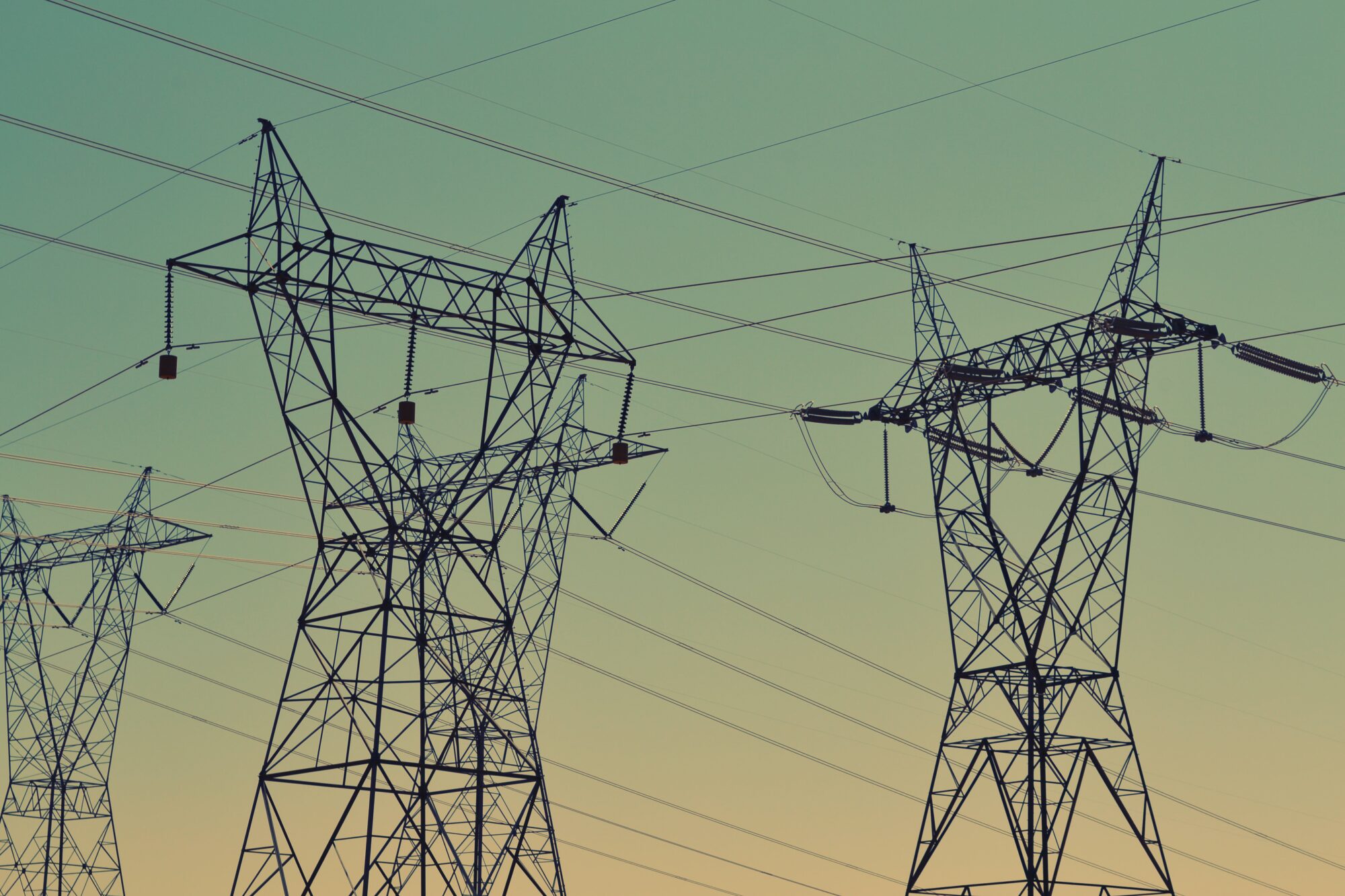
The EU is hoping to reform the bloc’s electricity market by spring. Both the commission and the Swedish presidency have started discussions with member states on new measures and policies to level off the sharp increases in consumer electricity prices exacerbated by the war in Ukraine.
The commission opened the issue to consultation on January 23rd and the Swedish presidency has also started a working group with member states. The commission is expected to present a proposal in March to address Europe’s much-changed energy landscape.
“The unprecedented energy crisis we are facing shows that we need to make the electricity market design fit for the future, allowing it to deliver the benefits of affordable clean energy to everyone,” EU energy commissioner Kadri Simson said in a statement.
The goal of the reform is to stabilise prices for consumers, make the bloc’s electricity market more shock-proof, and promote the ongoing goal of ‘decarbonising’ the energy sector. The commission wants to get changes in place quickly enough to see their effects in the next heating season.
In the call for comments, the commission is taking a poll on a narrow range of options, focusing on decoupling the electricity market from the price of gas and forging long-term contracts that provide power plants with a fixed price for their electricity.
Currently, electricity is priced according to the last type of energy to go online, which is usually gas in moments of peak demand or when wind and solar power are not being generated. But natural gas is now the most expensive source of energy for producing electricity since wind and solar have become cheaper methods of firing up the electricity grid.
The EU Agency for the Cooperation of Energy Regulators (ACER) published a report in April 2022 that concluded the current market arrangement was not the culprit for high electricity prices:
Whilst the current circumstances impacting the EU’s energy system are far from ‘normal’, ACER finds that the current electricity market design is not to blame for the current crisis … On the contrary, the market rules in place have to some extent helped mitigate the current crisis, thus avoiding electricity curtailment or even blackouts in certain quarters.
It estimated benefits of €34 billion per year on average from the current system.
But member states and commissioners are sceptical.
“If renewables become ever cheaper and fossil fuel remains very expensive, then the consumers of electricity would, in the present situation, pay a lot for electricity—whereas electricity on balance is getting cheaper,” EU Commission Franz Timmermans told Euractiv.
France and Spain have already come out in favour of ‘contracts for difference,’ a type of long-term, fixed-price contract designed to protect the consumer from price fluctuations. It wants them applied to wind, solar, hydroelectric, and nuclear energy. Germany also indicated an inclination towards the Spanish proposal.
The industry is divided on what reform will likely mean for electricity producers and suppliers.
“But I wouldn’t call it a market; I would call it a model because it won’t be a market anymore,” Vladimír Budinský, vice president of Eurocoal, told Euractiv. “But the current market is over—it’s finished. I’m afraid we will end up with a situation similar to European agriculture: very much regulated.”
He explained that after a period of privatisation in the early 2000s when Europe had a power excess due to cheap gas prices, the continent is now undergoing a reversal. Over the last year, several governments had to bail out large energy companies, and France is taking steps to nationalise its electric utility. In Budinský’s opinion, European power generators need varying levels of state support depending on the source of energy. ‘Renewables’ such as wind and solar don’t require any subsidies but gas needs some state underpinning, while coal and nuclear wouldn’t be functional at all without government funding, he claims.
“Only renewables will remain on a market basis, the rest will be somehow regulated: gas, nuclear and coal, which will be phased out. That’s what we are expecting from the new European Commission,” he said.
In contrast, Georg Zachmann, from the economic think-tank Bruegel, is hopeful for targeted, streamlined regulations in line with the current realities of electricity usage and a system of public-private cooperation.
“We currently have a complex zoo of remuneration and incentive schemes to ensure the sufficient provision of the required products,” he said to EuractivHe said he hoped new regulations would combine the functioning of current short-term markets with “some form of longer-term market that governments interfere in” using a “transparent planning” model that considers network requirements, security of supply and climate goals.
“On the private-public discussion, I would hope that the solution is a hybrid model,” he told Euractiv.
Another analyst also told the news outlet that mechanisms like ‘contracts for difference’ are not silver bullets.
Europeans won’t have to wait long to find out what the commission will propose, but any proposal will still have to be approved by both national governments and the EU parliament.
